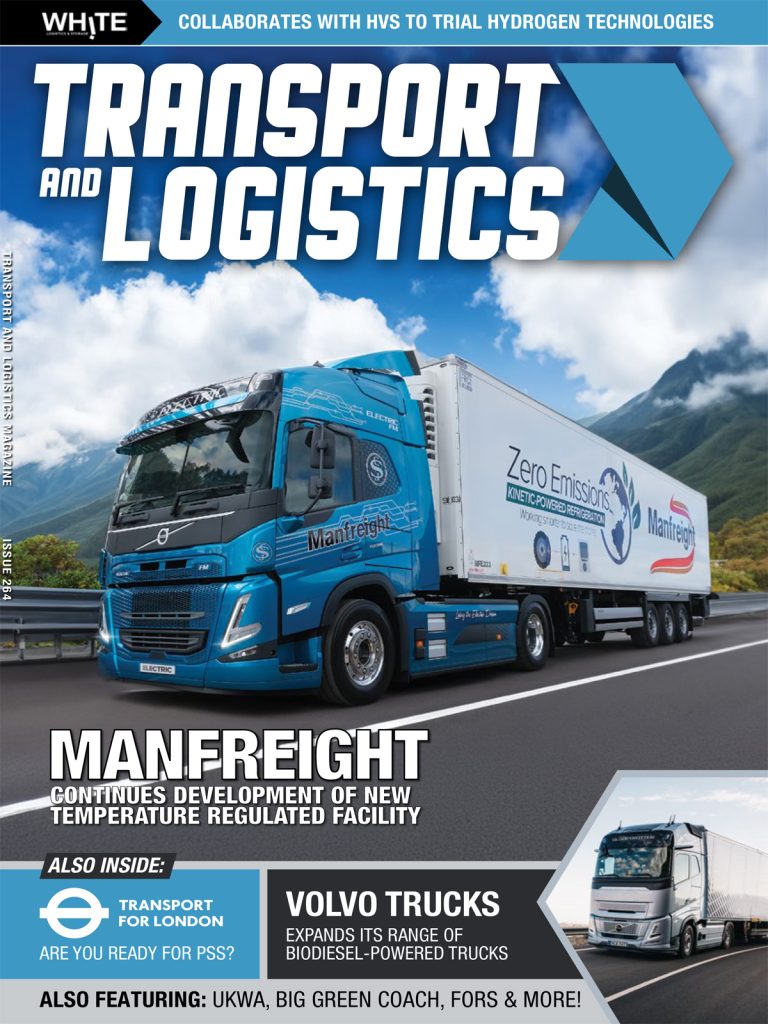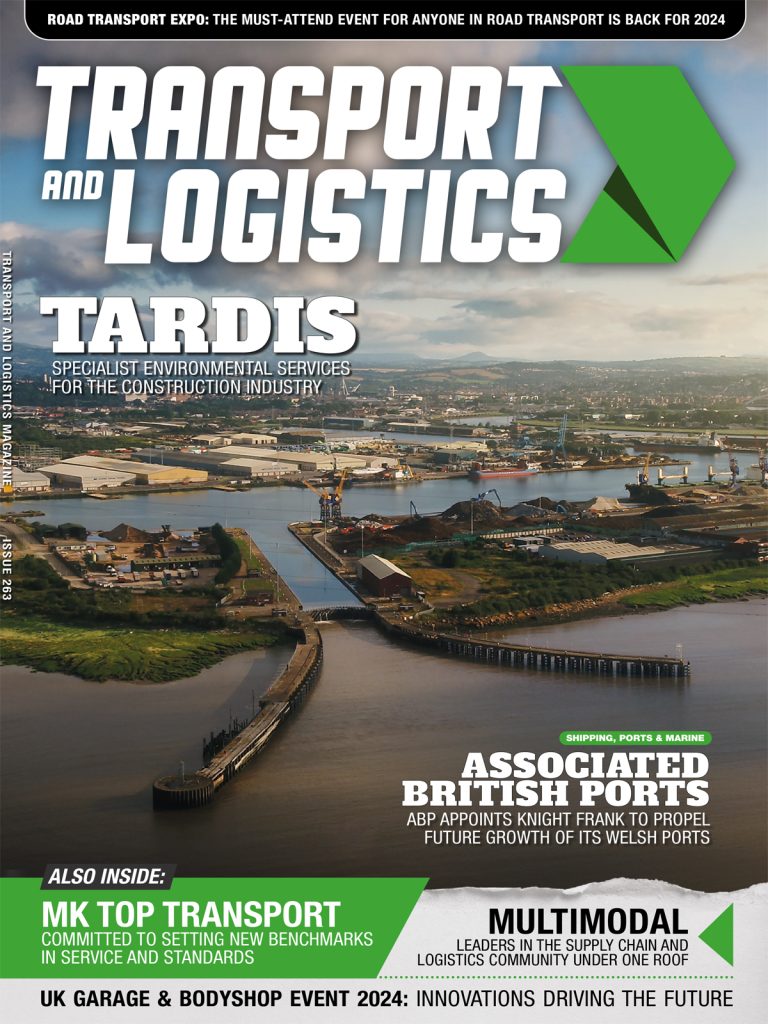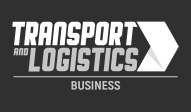The Freight Transport Association (FTA) advises the Government to publish the results of its Migration Advisory Committee (MAC)’s recommendations on the future of EU workers in the UK’s logistics industry. Failing to do so might lead to catastrophic effects on the country’s supply chain and its ability to trade successfully.
James Hookham, deputy CEO of the FTA, calls the delay to let the workforce know what their legal status and right to work in the UK is an “irresponsible move” that could “jeopardise supplies of goods and services to homes, businesses, and manufacturers at a time when they can least afford it.”
UK has employed more than 310,000 workers from the EU, which represents 12.3% of the sector’s total personnel. If these workers are to be denied access to keep working in the UK after it leaves the European Union, then plans should be made now rather than later to maintain a thriving industry.
James mentions that the logistics sector is already struggling with shortage of staff, and “losing these overseas workers and their expertise would represent a significant threat to the ongoing success of British businesses.” He continues saying that these vacancies cannot be filled overnight because the workers require specialist training and knowledge.
The Government refuses to publish its MAC findings until two days before the UK’s scheduled departure from the EU, so FTA is pushing the Home Office to make the information available now. That would give enough time to businesses to provide sufficient skilled and trained workers to “keep Britain trading once Brexit happens,” says James Hookham.
FTA was established in 1889 and it is UK’s only organisation to represent all of logistics, having more than 16,000 members from the road, rail, sea, and air industries, as well as the buyers or freight services who depend on the efficient movement of goods. It is responsible for more than 90% of freight moved by rail, and 70% of the UK’s sea and air freight and it employs more than 2.5 million people.














